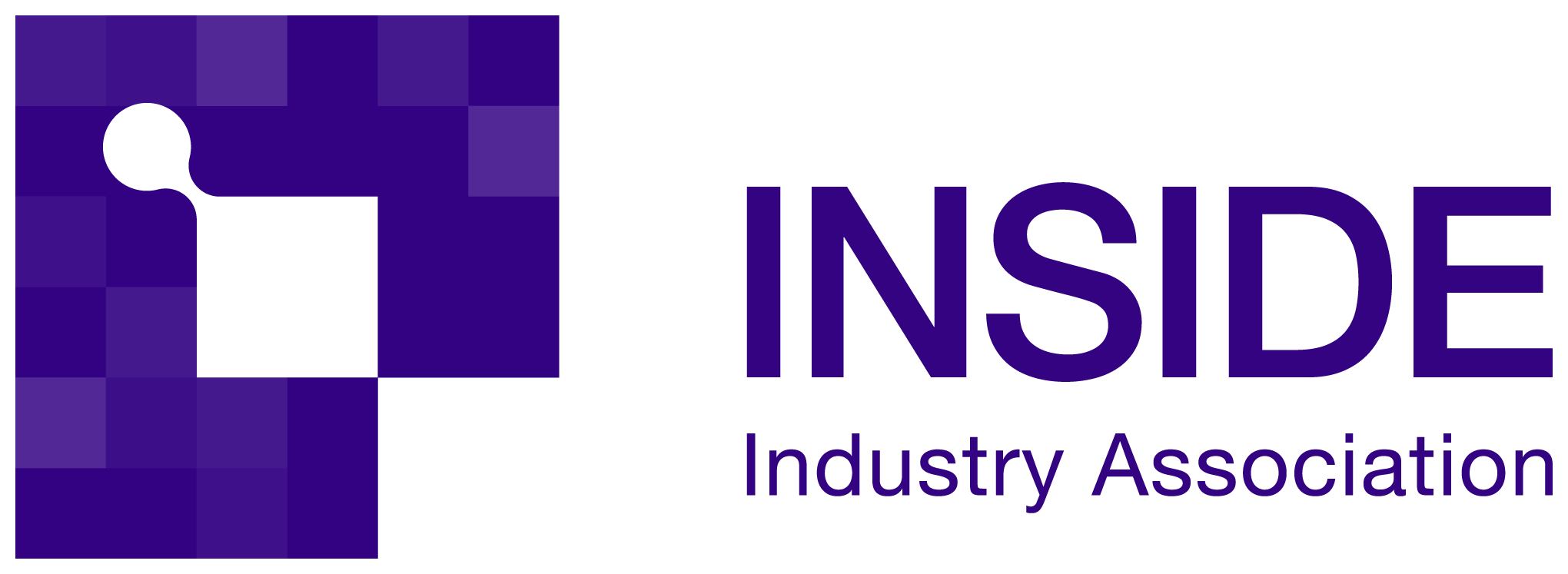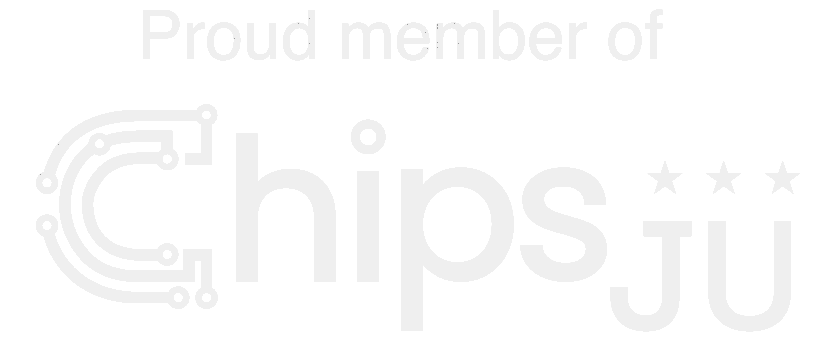
The INSIDE Scientific Council
The mission of the INSIDE Scientific Council is to advise the INSIDE board in all matters related to science and medium- to long-term developments in programmes and projects relevant for the Association.
INSIDE Scientific Council responsibilities
The Scientific Council supports INSIDE with the creation of the long-term strategy.
The Scientific Council provides guidance on the medium- and long-term research priorities.
The Scientific Council can decide to set up various focused teams, to provide better advice in selected work areas.
The Scientific Council assesses the innovative impact of the programmes governed by INSIDE by means of specific key performance indicators (KPIs).
The Scientific Council will advise INSIDE on education and training within the scope of Electronic Components and Systems regarding needs, trends, opportunities and risks.
The members of the Scientific Council will support the alignment of their respective national research agendas with the INSIDE Agenda.
The Scientific Council members
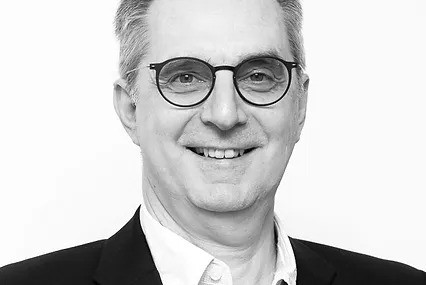
Dimitrios Serpanos
Chairman
In addition to serving as a professor in the Department of Electrical and Computer Engineering of the University of Patras (Greece) and the president of the Computer Technology Institute and Press “Diophantus”, Dimitrios Serpanos is the chair of the Scientific Council. His research interests include embedded and cyber-physical system architectures, cybersecurity, Internet of Things and industrial systems & networks.

Jon Perez
Member
As a Principal Researcher on dependable and autonomous systems at IKERLAN (Spain), Jon Perez serves as a team leader for the development of multidisciplinary safety-critical systems. Bringing over 15 years of experience in R&D projects in domains such as railway signalling and semiconductors, his primary research interests are functional safety, machine learning and cybersecurity for dependable intelligent systems.

Markus Tauber
Member
Markus Tauber received a PhD in computer science with a focus on autonomic management in distributed
storage systems. He brings many years of experience, e.g.as Researcher in the University of St Andrews, or Professor at the University of Applied Sciences Burgenland. He now works as Chief Scientific Officer at Research Studios Austria, where he focuses on digital intelligence and core technologies and engages in international initiatives in the field of IT security, digitalisation and artificial intelligence.
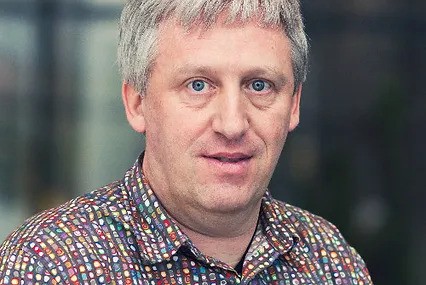
Stefan Van Baelen
Member
Having joined IMEC (Belgium) in 2012 (via the research centre iMinds, which was merged with IMEC in 2016), Stefan Van Baelen is currently Senior Manager Public Funding with a focus on digital and user-centric solutions and the enablement of digital transformations. He is currently engaged in European initiatives in the fields of data, AI, distributed AI, edge computing and connectivity.
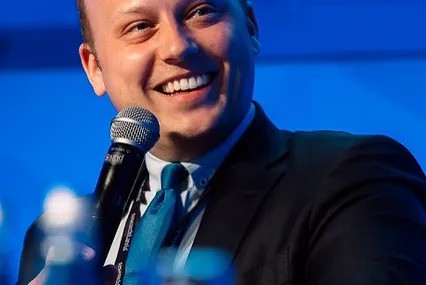
Kaspars Ozols
Member
Dr. Kaspars Ozols is a deputy director of development, a Member of the scientific council, and a senior researcher at the Institute of Electronics and Computer Science (EDI), where he leads teams of engineers and researchers. He holds a Ph.D. in Electronics from Riga Technical University. He has been involved in various international projects dedicated to pioneering innovative data acquisition, transmission, and signal processing methods and devices across various applications, encompassing fields such as transport, health, and manufacturing.
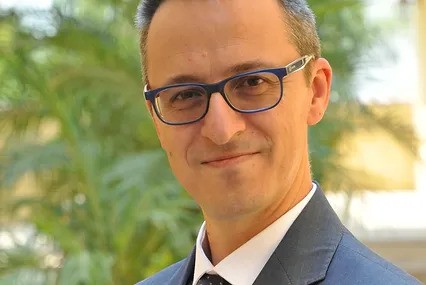
Gianluigi Ferrari
Member
At the University of Parma (Italy), Gianluigi Ferrari focuses on the study and design of innovative communications systems. As an associate professor, his specialities include signal processing, communication and networking, Internet of Things and smart systems. He is also the coordinator of the Internet of Things (IoT) Lab within the Department of Engineering and Architecture and a co-founder of a spin-off company.
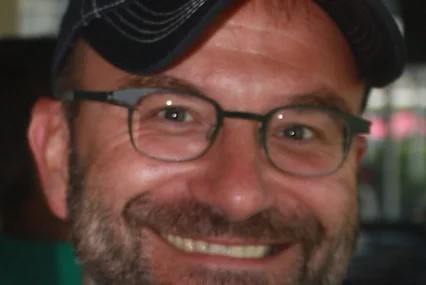
Andrea Pinna
Member
He was an Associate Professor from 2004 to 2022 at Sorbonne University (previously Pierre and Marie Curie University) in Paris, France. Between 2006 and 2011, he worked in the industrial and semiconductor sector as a Project Manager for innovative and technology transfert projects. He joined the Lip6 laboratory at Sorbonne University in 2011 and has been a full professor since September 2023. His main research works are designing intelligent medical devices based on embedded systems to support data analysis and diagnosis. Reconfigurable and edge-computing architectures and Vision System-on-Chip are also explored to develop new co-design methods to design new IA embedded systems.
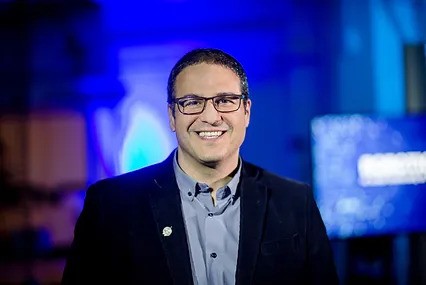
George Nikolakopoulos
Member
George Nikolakopoulos works as a Chair Professor in Robotics and Artificial Intelligence (RAI) while heading the Robotics Team at Luleå University of Technology (Sweden). In addition to his work as a member of the Scientific Council of Inside, George is a member of the Board of Directors at euRobotics and an elected expert for the permanent working group of A.SPIRE.
The scientific council members are heterogenous, technologically oriented people from all parts of Europe; they form a strongly connected, interdisciplinary and flexible team, ready to address all kinds of aspects and questions raised by the Inside community.

"I’m very happy with the results of the Scientific
Council. One element that differentiates INSIDE
from the other industry associations is that
we have a really heterogenous community
in regard to expertise and background. We
are so heterogenous that we are capable
of covering the entire ECS value chain from
semiconductors to applications. This is of huge
value, especially considering the complexity of
ECS, and is even more important as we try to
achieve strategic autonomy in Europe. If you
cannot address the entire value chain, you do
not have strategic autonomy because you have
to rely on somebody else."
– Paolo Azzoni – Secretary General, INSIDE
— Dimitrios Serpanos“As the Scientific Council, we soon realised
that we needed a source of feedback from
members and I believe that we should be
working on stronger ties with them. Although
our mission relates to supporting the Steering
Board, all those activities and tasks have an
effect on the INSIDE community in the sense that
the SRIA sets up their directions and pointers.
It’s actually one of the major tools used as input
by the Commission in setting up funding areas,
which definitely benefits our members directly.
Our dissemination activities also have an impact
on the community because they can learn
about the tools and opportunities that exist. Up
to now, I think that we have delivered strong
messages about research and development
that relate to the subject areas of INSIDE.”
Chairman

